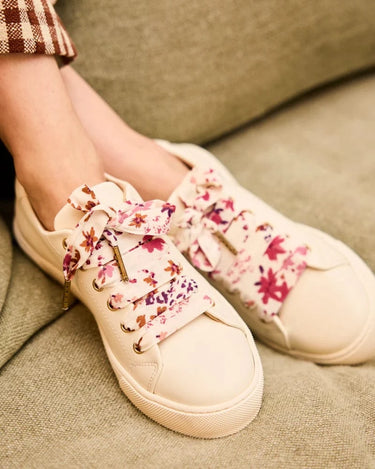What New Vegans Get Wrong
It's January – or Veganuary, as we vegans like to call it. The darkest, dreariest month of the year is now brightened up by delightful vegan menus and a tasty array of supermarket vegan options across the globe. And with huge success: last year, Veganuary had 25.8 million participants.
Reasons why people go vegan vary from animal rights – humans take the lives of over 70 billion land animals for food annually, most of whom live a life of filth, misery and disease at factory farms before being prematurely and violently killed – or concerns about the climate crisis: research has told us many times that ditching meat and dairy is, in fact, a giant step we can take to help the planet.
By Sascha Camilli: writer, speaker, activist, and vegan fashion expert.
While many new vegans thrive, any lifestyle change is indeed an adjustment – and as such, mistakes are part of the territory. Here are some things that Veganuary participants might get wrong, and how to sidestep these errors.
They don't have all the info
All those ex-vegans we've been seeing lately? Often these are people who tried plant-based eating and then gave up because they didn't take the time to read up on their new lifestyle. To be well-planned, any diet requires nutritional knowledge – not just about vitamin B12 (but get ready for round-the-clock questions on that one), but also things like iron, vitamin D, iodine, and more. Being clued-up on the right elements to include in your diet will keep you healthy, happy and vibrant through Veganuary and beyond. The Vegan Society has a very comprehensive guide to different aspects of vegan nutrition, as does Nutritionfacts.
They aren't aware of hidden animal-derived ingredients
It won't take you long to realise that milk powder is in pretty much everything (why?), but then there are things like casein and whey (proteins found in dairy), albumen (egg yolk), and gelatin (derived from animal bones). Beauty shopping might find you label-reading for carmine (made from crushed bugs– yes, you read that right, unfortunately), tallow (rendered animal fat), squalene (extracted from shark liver), and gelatin again.
Beauty products can be trickier than food because some ingredients can be vegan or not, and you have no way of knowing which is which when shopping. For example, glycerin, which is present in a lot of beauty and skincare products, can be vegan or made from animals. The best way to be certain that you are buying a vegan-friendly product is to look out for vegan certifications from PETA or the Vegan Society – or simply get in touch with the company and ask for a list of their vegan products.
They go too extreme – in one direction or another
There's the classic junk-food vegan, living off Beyond Burgers for an entire month and then complaining that they "were feeling tired and sluggish and had brain fog" when becoming an ex-vegan. Highly processed vegan meat replacements are meant to be consumed occasionally, as part of a balanced vegan diet that is built around fruit, vegetables, whole grains, nuts, seeds – all the good stuff.
On the other end we have the raw-foodie who eschews carbs, oils, and gluten in favour of a diet consisting purely of kale smoothies - only to then go back to meat because "my digestive system was suffering and I felt weak." Don't fall into any of these traps. Eat a varied, rich plant-based diet with lots of whole foods and the occasional treat. Viva! has good info to get you started.
 Their expectations are up there
Their expectations are up there
They succumb to pressure
Going vegan, even if for a month only, can be a controversial move. Announcing that you are now vegan – and laying out the reasons for it – might bring an onslaught of opinions from family members and friends, not to mention random strangers on the internet. Making a lifestyle change often makes people feel like their choices are being questioned, even though that might be the furthest thing from your intention. The trick is to find your own people.
Greg McFarlane, director of Vegan Australia, says, “Find other vegans to socialise with, so you don't feel like the whole world is against you. In a way it is easier to talk to people you don't know about veganism than to those closest to you. There is less invested and you don't have the extra baggage that a closer relationship includes.” Join a vegan group on Facebook to find like-minded people, connect with other vegans both online and offline, and you will soon find that veganism can be a great way to bring new connections into your life – on the internet as well as IRL.
By Sascha Camilli
About Sascha
Sascha Camilli is a vegan writer, speaker and activist. Her book Vegan Style is out now on Murdoch Books. For more about Sascha, you can read our interview with her or sign up to her newsletter Kind of Wild.
All images by Odiseo Castrejon via Unsplash
For more great content like this in your inbox, sign up to our newsletter, and save 10% off your next purchase, plus great savings throughout the year.
Related Articles

Why Veganuary Is Still Relevant

















































































































